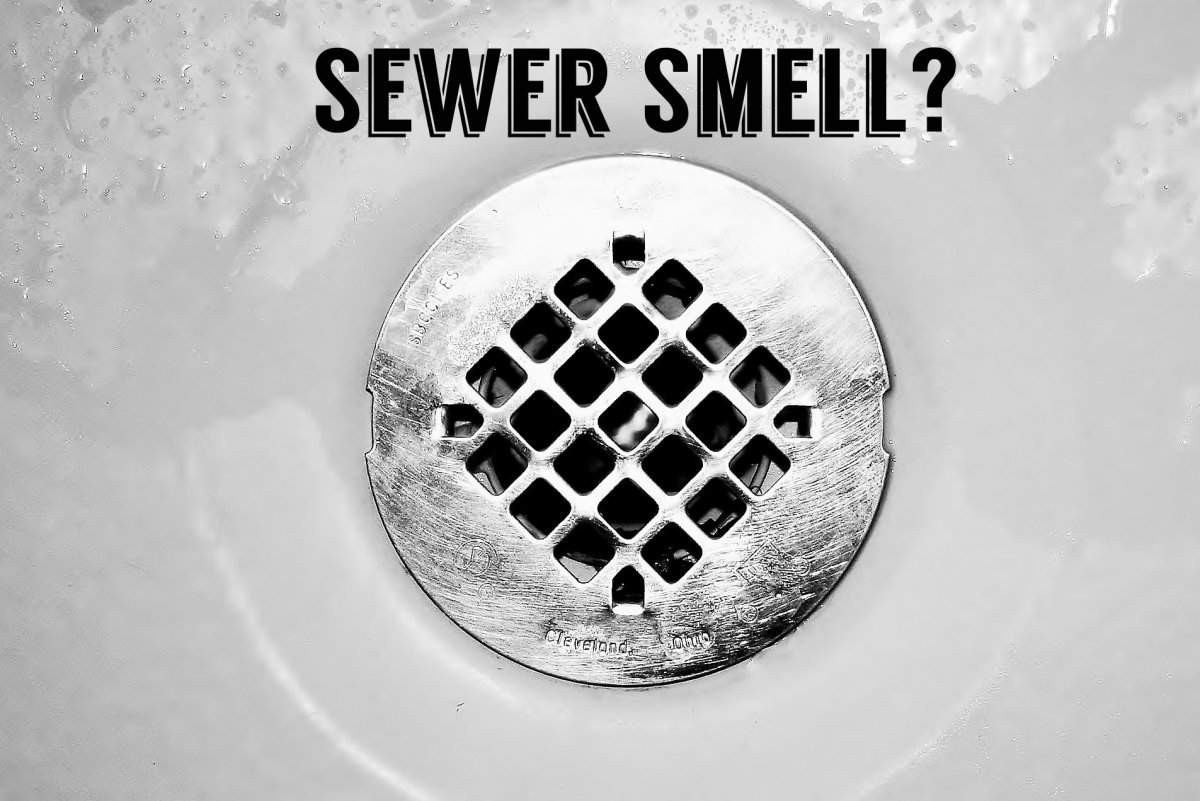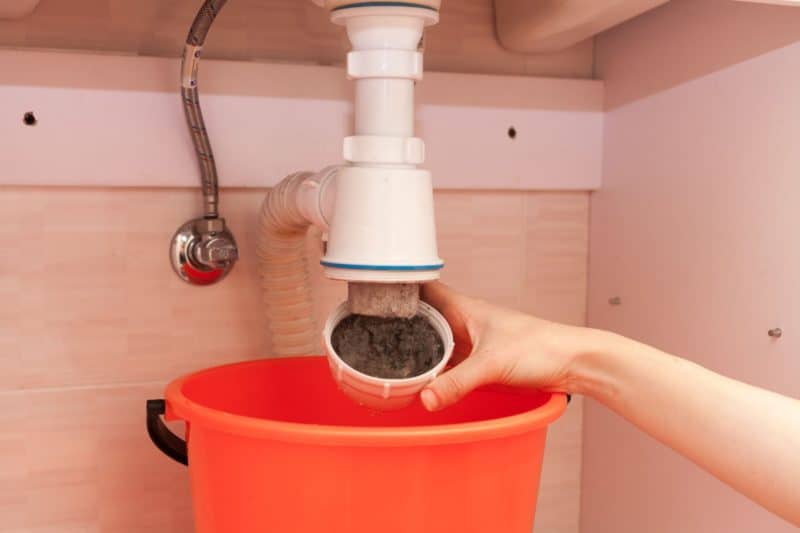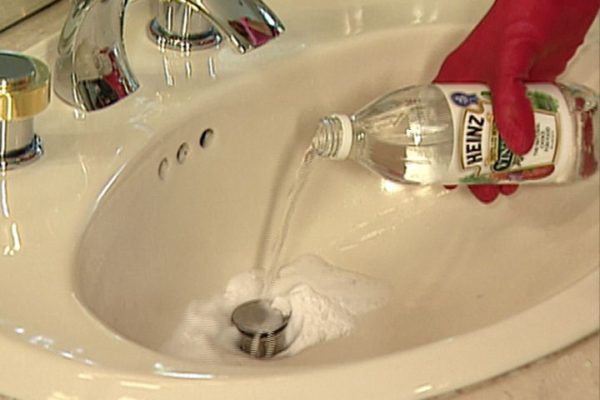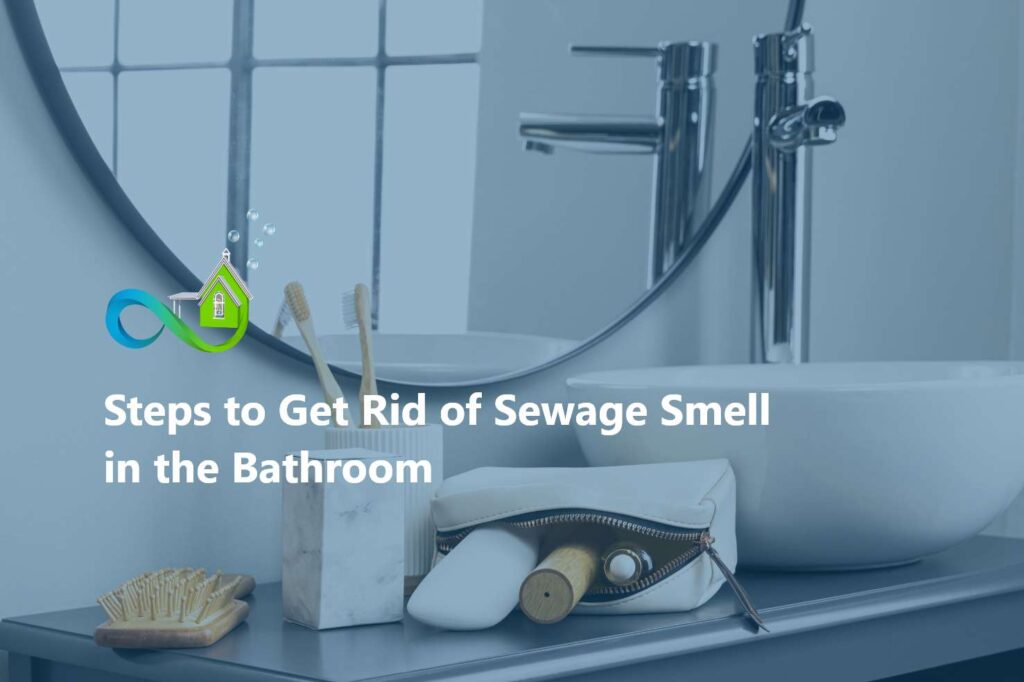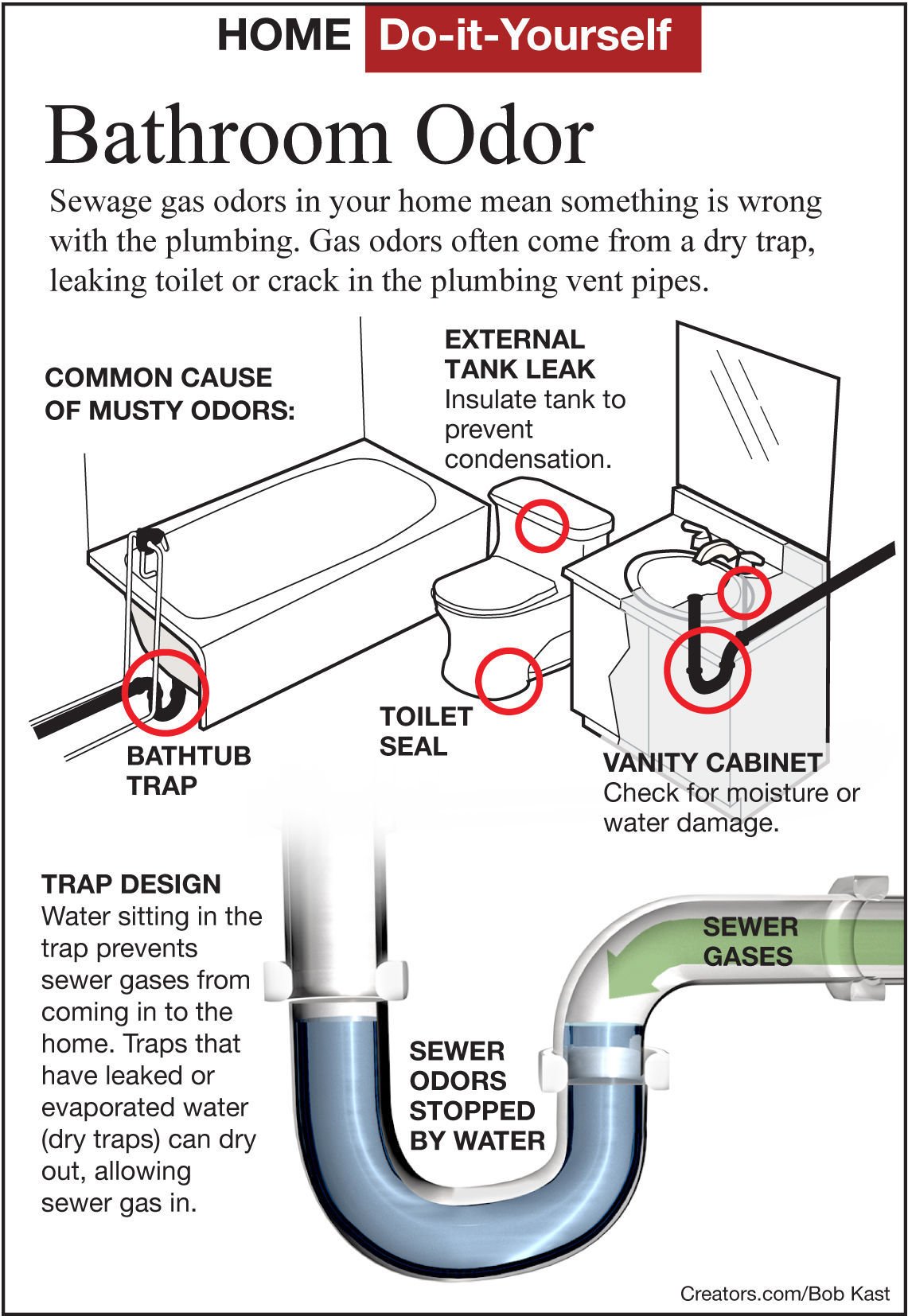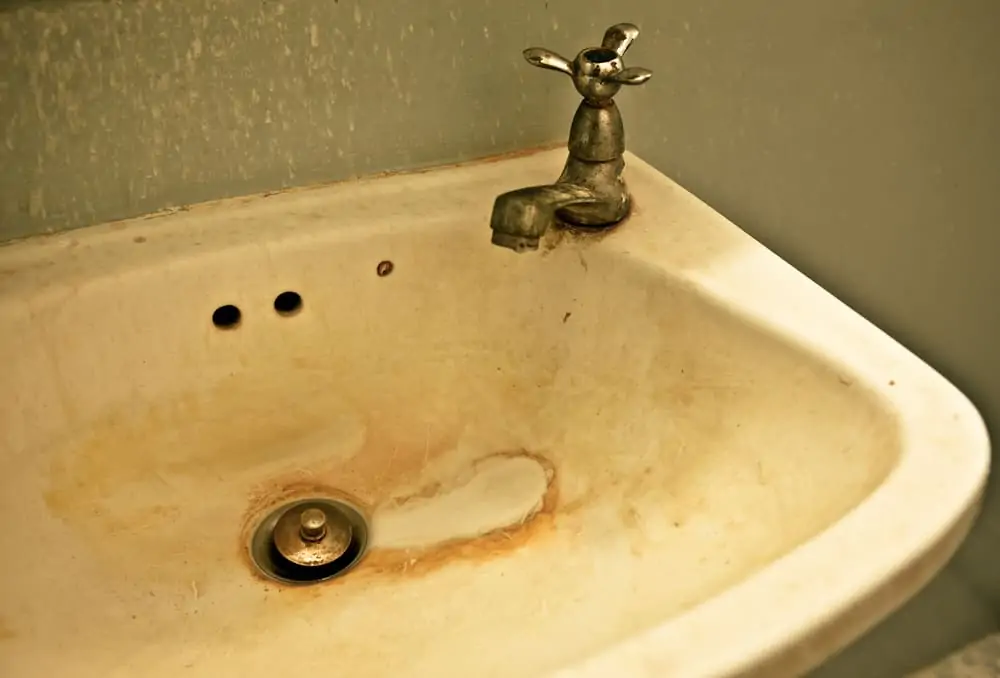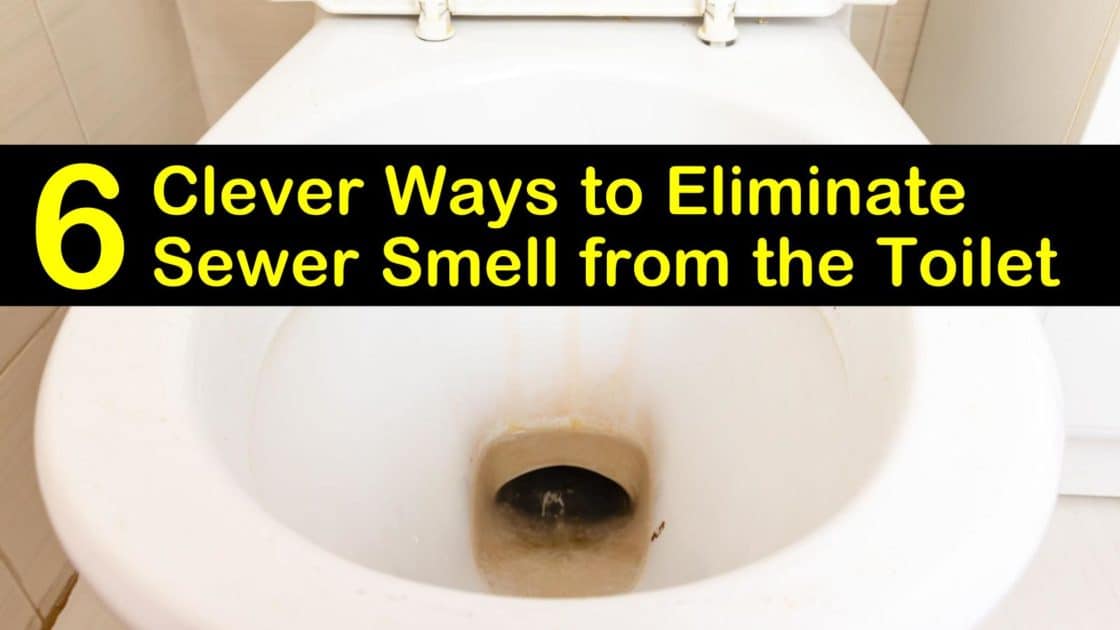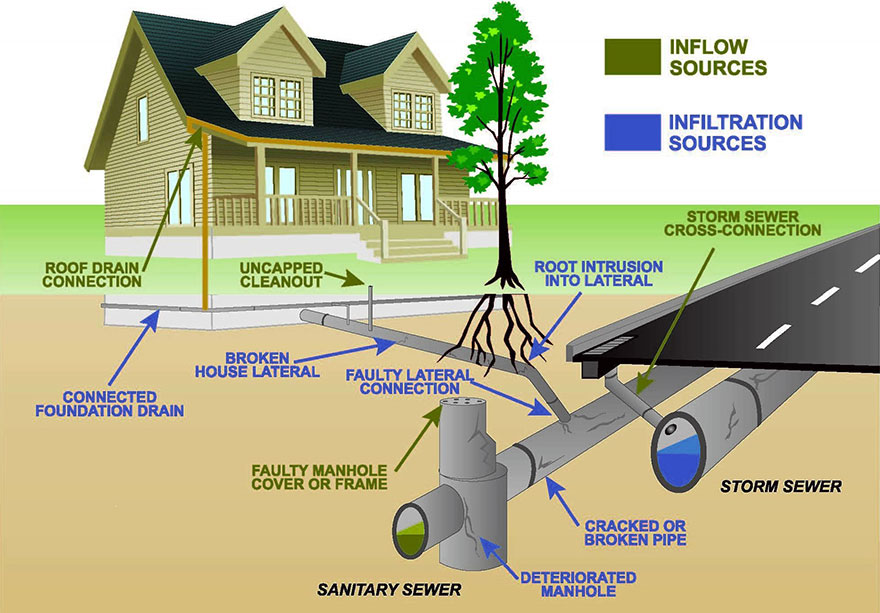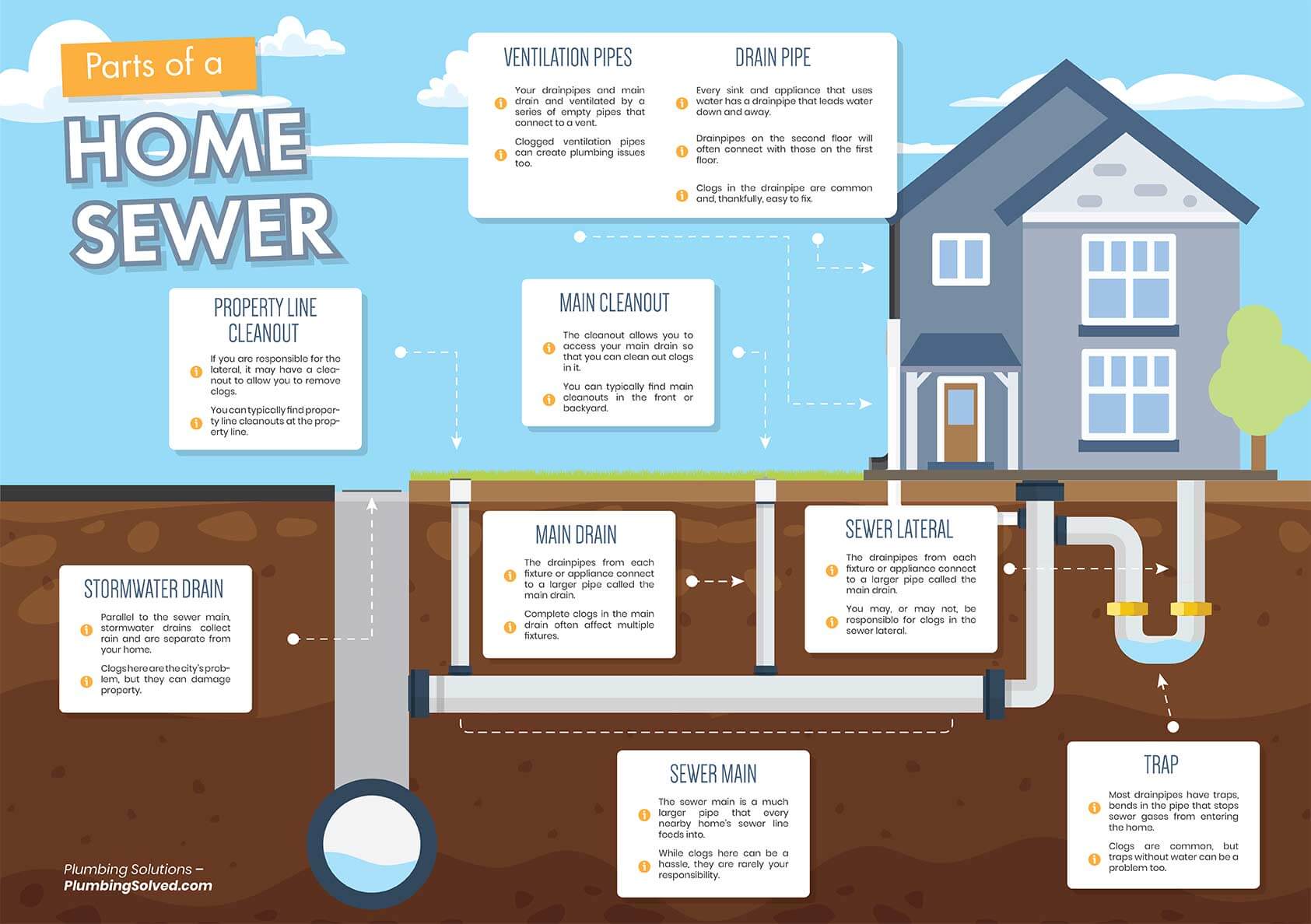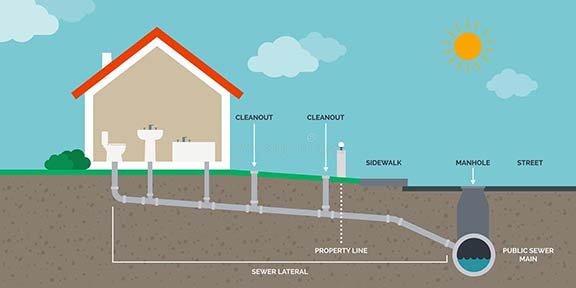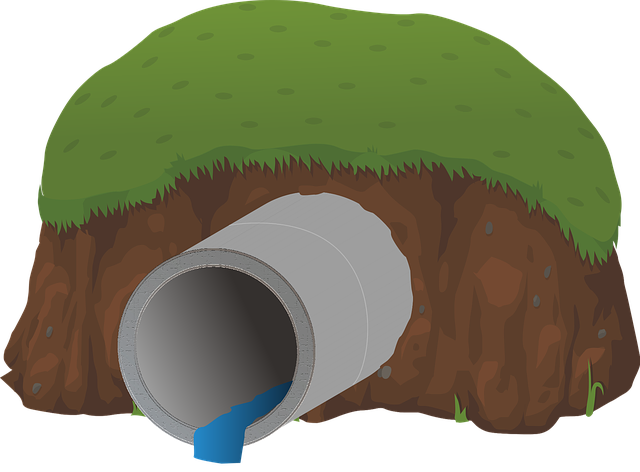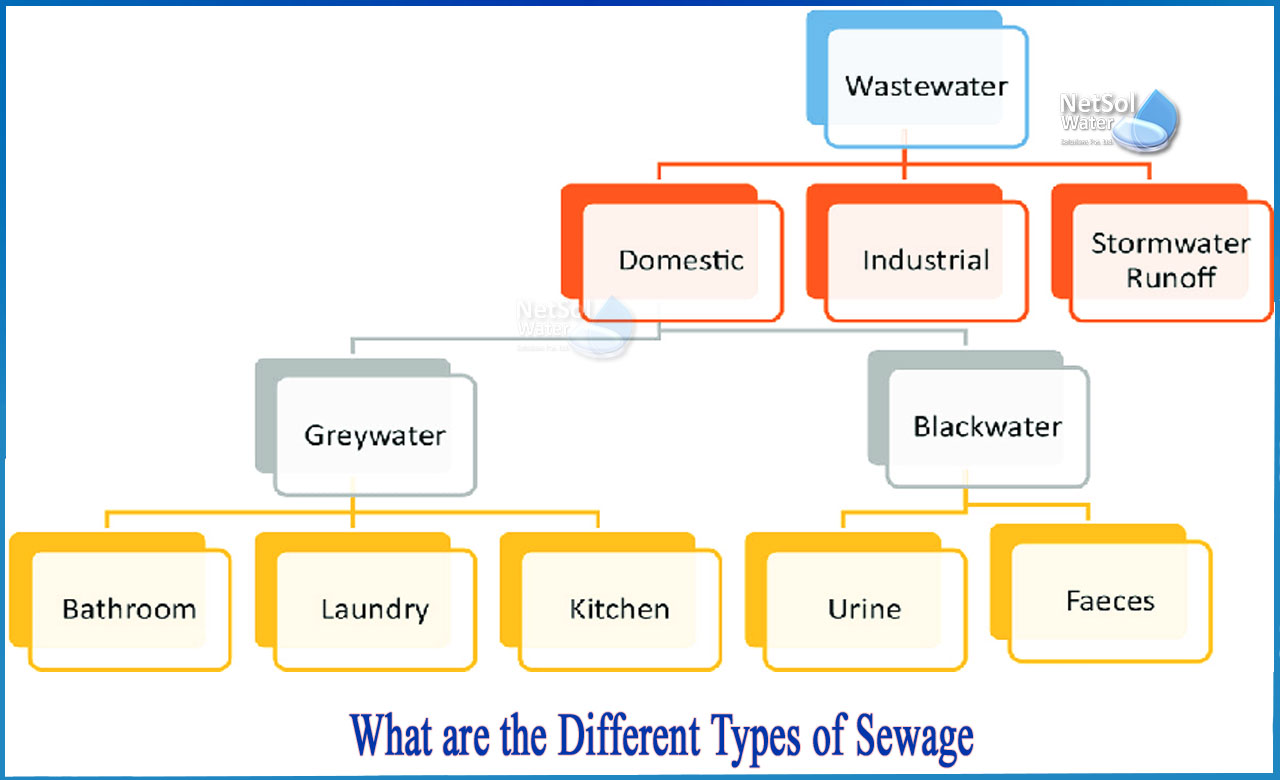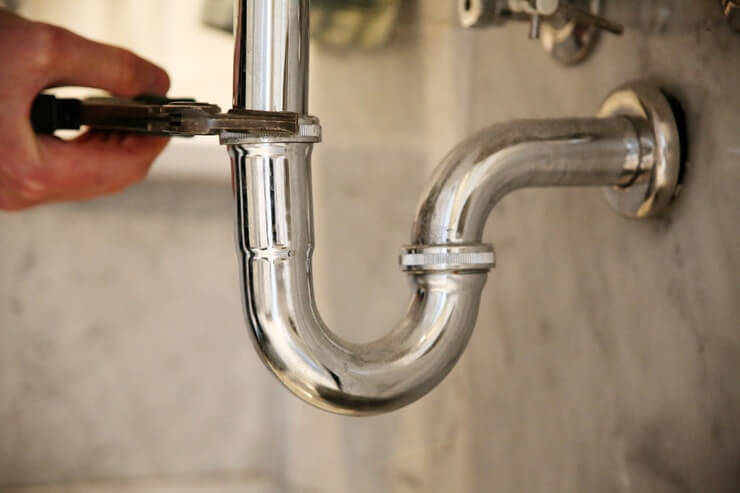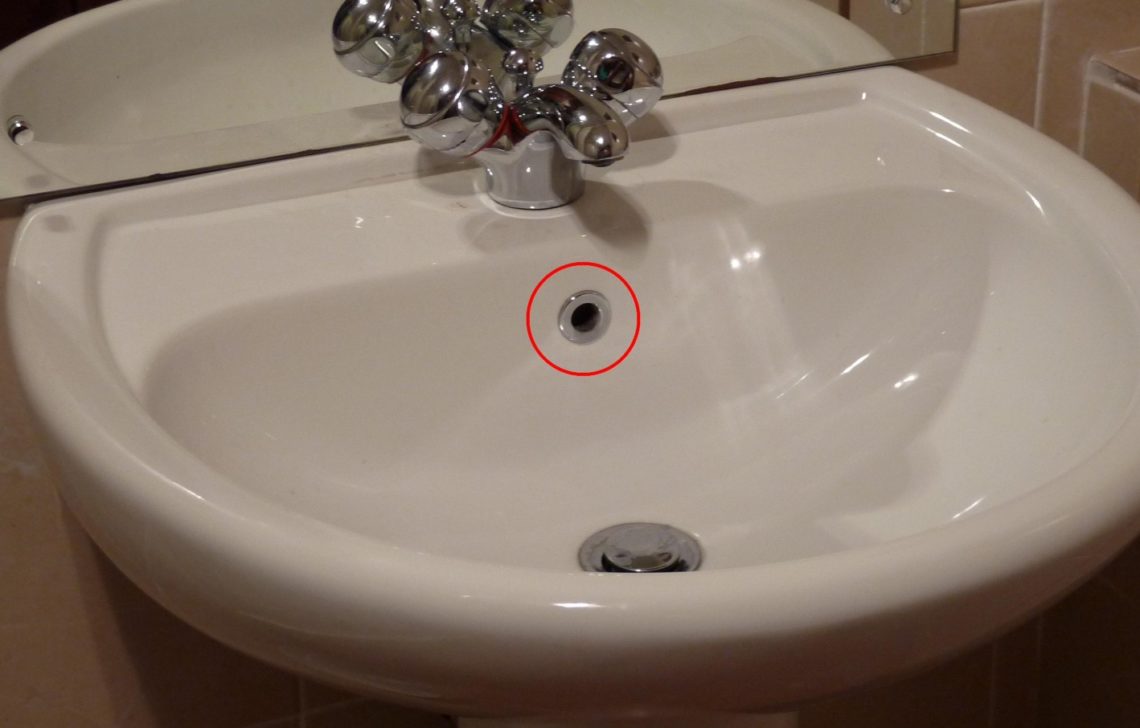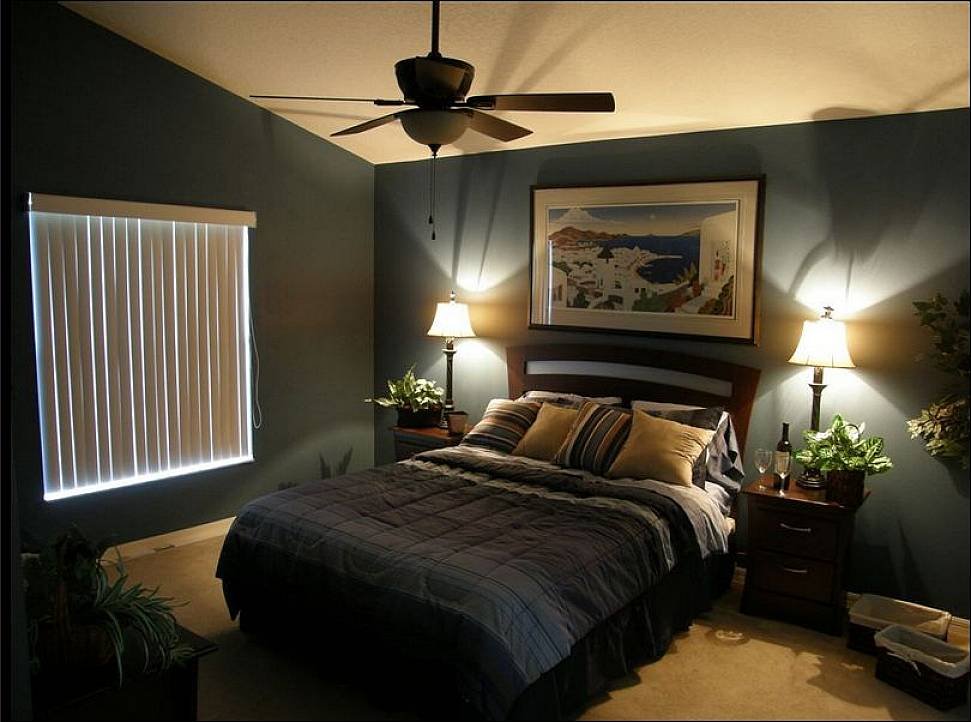Dealing with a sewage smell in your bathroom sink drain can be an unpleasant and concerning experience. Not only is the smell unpleasant, but it can also be a sign of a larger issue with your plumbing system. In this article, we will discuss the top 10 causes of sewage smell coming from your bathroom sink drain and provide solutions to get rid of it.Sewage Smell in Bathroom Sink Drain: Causes and Solutions
The first step to getting rid of sewage smell in your bathroom sink drain is to identify and address the root cause. Below are 10 common causes and solutions to help you eliminate the unpleasant smell.How to Get Rid of Sewage Smell in Bathroom Sink Drain
1. Clogged Drain: A clogged drain can lead to a buildup of debris and bacteria, resulting in a foul smell. Use a plunger or a drain snake to clear any blockages in your sink drain. 2. Dry P-Trap: The P-trap is a curved pipe under your sink that holds water to prevent sewer gases from entering your home. If the water in the P-trap evaporates, it can allow the smell of sewage to enter your bathroom. Simply run water down the drain to refill the P-trap. 3. Sewer Line Issues: If you notice a sewage smell coming from multiple drains in your home, it could be a sign of an issue with your sewer line. It's best to call a professional plumber to inspect and repair any sewer line problems. 4. Old Pipes: Over time, pipes can deteriorate and crack, allowing the smell of sewage to escape into your home. If you have old pipes, it may be time to replace them to eliminate the smell and prevent further damage. 5. Blocked Vent Pipe: The vent pipe on your roof allows air to flow through your plumbing system, preventing a buildup of pressure and gases. If the vent pipe becomes blocked, it can cause a sewage smell in your bathroom. A professional plumber can help clear any obstructions in the vent pipe. 6. Sewage Backup: A sewage backup is a serious and hazardous issue that requires immediate attention from a professional plumber. If you notice a sewage smell and slow draining in your bathroom sink, it could be a sign of a backup in your sewer line. 7. Improperly Installed Plumbing: If your plumbing system was not installed correctly, it can lead to a variety of issues, including a sewage smell in your bathroom sink drain. It's best to have a professional plumber inspect and correct any installation mistakes. 8. Biofilm Buildup: Biofilm is a slimy substance that can develop in your pipes and produce a foul odor. Using a biofilm remover or a mixture of baking soda and vinegar can help eliminate the smell. 9. Sewage Leak: A sewage leak can cause a strong sewage smell in your bathroom and pose a health hazard. If you suspect a leak, it's essential to contact a professional plumber to address the issue immediately. 10. Water Heater Issues: If your water heater is not functioning correctly, it can cause a sewage smell in your bathroom. A professional plumber can inspect and repair any issues with your water heater to eliminate the smell.Common Causes of Sewage Smell in Bathroom Sink Drain
If the sewage smell in your bathroom sink drain is caused by a minor issue, you may be able to fix it yourself. Here are a few DIY solutions to try: 1. Pour a mixture of hot water and baking soda down the drain to help eliminate any odors. 2. Use a plunger or a drain snake to clear any clogs in your sink drain. 3. Mix equal parts of vinegar and baking soda and pour it down the drain to help break down any biofilm buildup.DIY Fixes for Sewage Smell in Bathroom Sink Drain
If the DIY fixes do not eliminate the sewage smell in your bathroom sink drain, it's best to call a professional plumber. They have the expertise and tools to identify and address the root cause of the issue. Some professional solutions include: 1. Hydro jetting: This method uses high-pressure water to clear any clogs or buildup in your pipes. 2. Sewer line repair or replacement: If the issue is with your main sewer line, a professional plumber can repair or replace it to eliminate the sewage smell. 3. Pipe replacement: If your pipes are old or damaged, a plumber can replace them to prevent further issues.Professional Solutions for Sewage Smell in Bathroom Sink Drain
Prevention is key to avoiding a sewage smell in your bathroom sink drain. Here are a few tips to help prevent the issue: 1. Avoid flushing anything other than toilet paper down the toilet. 2. Dispose of cooking grease and oils properly, rather than pouring them down the drain. 3. Regularly clean your sink drain and P-trap to prevent buildup and odors. 4. Have your plumbing system inspected and maintained by a professional plumber regularly.How to Prevent Sewage Smell in Bathroom Sink Drain
To better prevent and address sewage smells in your bathroom sink drain, it's essential to have a basic understanding of your home's sewage system. Your home's plumbing system consists of a series of pipes, traps, and vents that work together to remove waste and prevent odors. The main components of your sewage system include: 1. Drain Pipes: These pipes carry wastewater from your sinks, showers, and toilets to the sewer line. 2. Traps: Traps are curved pipes that hold water to prevent sewer gases from entering your home. 3. Vents: Vents allow air to flow through your plumbing system, preventing a buildup of pressure and gases. 4. Sewer Line: The main sewer line carries wastewater from your home to the municipal sewer system or septic tank.Understanding the Sewage System in Your Home
Aside from being unpleasant, a sewage smell in your bathroom sink drain can also pose health risks. Sewer gases contain toxic and flammable substances that can be harmful if inhaled. Prolonged exposure to these gases can also cause respiratory issues and other health problems. Therefore, it's essential to address the issue promptly to protect your health and wellbeing.Health Risks of Sewage Smell in Bathroom Sink Drain
If you notice a sewage smell in your bathroom sink drain, it could be a sign of a larger issue with your sewage system. Here are a few signs to look out for: 1. Slow draining in multiple drains throughout your home. 2. Gurgling sounds coming from your toilet or other drains. 3. Sewage backup in your sinks, toilets, or shower. If you experience any of these signs, it's essential to call a professional plumber to address the issue before it becomes more severe.Signs of a Larger Sewage Problem in Your Home
If you cannot identify or fix the issue causing the sewage smell in your bathroom sink drain, it's best to call a professional plumber. They have the knowledge and tools to identify and repair any issues with your sewage system, ensuring the safety and functionality of your home. In conclusion, a sewage smell coming from your bathroom sink drain is not only unpleasant but can also be a sign of a larger issue with your sewage system. By understanding the causes and solutions discussed in this article, you can eliminate the smell and prevent it from recurring in the future.When to Call a Plumber for Sewage Smell in Bathroom Sink Drain
How to Eliminate Sewage Smell Coming from Your Bathroom Sink Drain

The Importance of Addressing Sewage Smell in Your Home
 As a homeowner, there are few things more unpleasant than walking into your bathroom and being hit with the strong stench of sewage. Not only is it unpleasant for you and your guests, but it can also be a sign of a more serious issue with your plumbing system. It's important to address any sewage smells in your home as soon as possible to avoid potential health hazards and costly repairs. In this article, we will focus on one common source of sewage smell - the bathroom sink drain - and provide you with some professional tips on how to eliminate it for good.
As a homeowner, there are few things more unpleasant than walking into your bathroom and being hit with the strong stench of sewage. Not only is it unpleasant for you and your guests, but it can also be a sign of a more serious issue with your plumbing system. It's important to address any sewage smells in your home as soon as possible to avoid potential health hazards and costly repairs. In this article, we will focus on one common source of sewage smell - the bathroom sink drain - and provide you with some professional tips on how to eliminate it for good.
Identifying the Source of the Sewage Smell
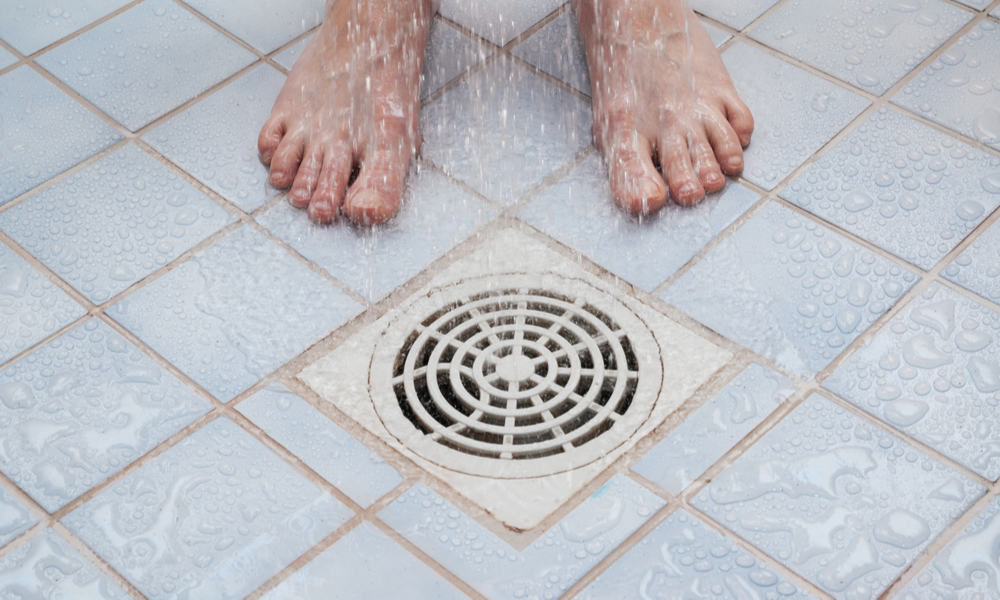 Before we dive into solutions, it's important to first identify the source of the sewage smell. In most cases, the smell is coming from the sink drain due to a buildup of organic matter, such as hair, soap scum, and toothpaste, which can lead to bacterial growth and produce a foul odor. However, it's always best to rule out any other potential causes, such as a cracked or damaged sewer line, by hiring a professional plumber to inspect your plumbing system.
Before we dive into solutions, it's important to first identify the source of the sewage smell. In most cases, the smell is coming from the sink drain due to a buildup of organic matter, such as hair, soap scum, and toothpaste, which can lead to bacterial growth and produce a foul odor. However, it's always best to rule out any other potential causes, such as a cracked or damaged sewer line, by hiring a professional plumber to inspect your plumbing system.
Effective Solutions for Eliminating Sewage Smell from Your Bathroom Sink Drain
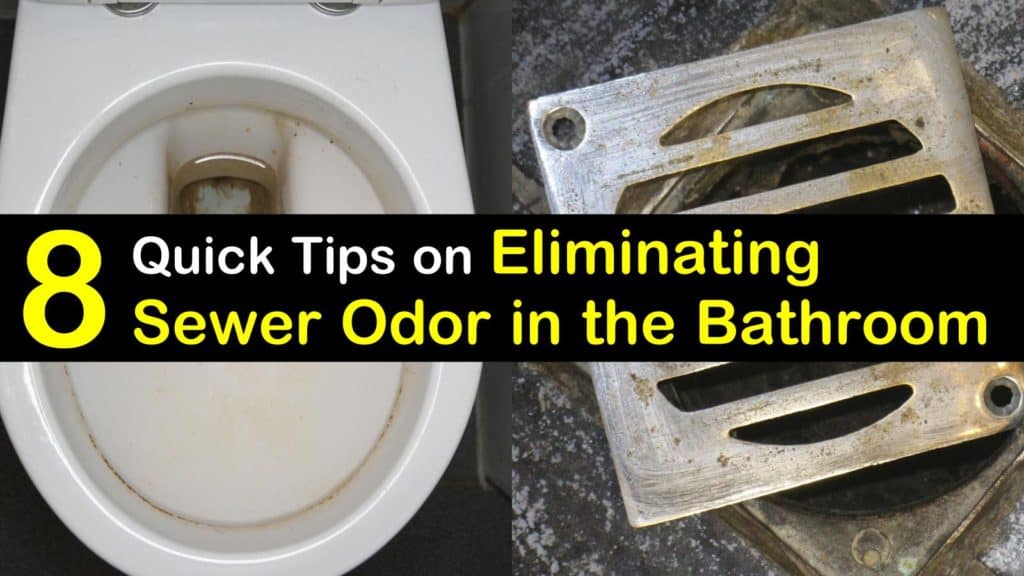 Once you have determined that the smell is coming from your sink drain, there are a few tried and true methods for eliminating it.
1. Clean the Drain
The first step is to thoroughly clean your sink drain. This can be done by pouring a mixture of hot water and baking soda down the drain, followed by vinegar. Let the mixture sit for about 15 minutes before flushing it with hot water. This will help to break down any buildup and eliminate the odor.
2. Use a Plunger
If the smell persists after cleaning, try using a plunger to dislodge any stubborn debris that may be causing the odor. Make sure to cover the overflow holes with a wet cloth and plunge vigorously for a few minutes. This will help to break up any clogs and allow them to be flushed out with water.
3. Check the P-Trap
The P-trap is a curved pipe under the sink that is designed to hold water and prevent odors from escaping through the drain. However, hair and other debris can get trapped in this pipe and cause a foul smell. Simply remove the trap and clean it out with a brush or wire hanger to eliminate the odor.
4. Use a Drain Snake
If the above methods do not work, you may need to use a drain snake to remove any stubborn clogs. Insert the snake into the drain and twist it around to grab onto any debris. Pull it out and dispose of the debris before running hot water down the drain.
Once you have determined that the smell is coming from your sink drain, there are a few tried and true methods for eliminating it.
1. Clean the Drain
The first step is to thoroughly clean your sink drain. This can be done by pouring a mixture of hot water and baking soda down the drain, followed by vinegar. Let the mixture sit for about 15 minutes before flushing it with hot water. This will help to break down any buildup and eliminate the odor.
2. Use a Plunger
If the smell persists after cleaning, try using a plunger to dislodge any stubborn debris that may be causing the odor. Make sure to cover the overflow holes with a wet cloth and plunge vigorously for a few minutes. This will help to break up any clogs and allow them to be flushed out with water.
3. Check the P-Trap
The P-trap is a curved pipe under the sink that is designed to hold water and prevent odors from escaping through the drain. However, hair and other debris can get trapped in this pipe and cause a foul smell. Simply remove the trap and clean it out with a brush or wire hanger to eliminate the odor.
4. Use a Drain Snake
If the above methods do not work, you may need to use a drain snake to remove any stubborn clogs. Insert the snake into the drain and twist it around to grab onto any debris. Pull it out and dispose of the debris before running hot water down the drain.
Preventative Measures for Future Sewage Smell
:max_bytes(150000):strip_icc()/sink-pipe-under-wash-basin-119001607-6f28aec4c66944efb7a9a38cb622ab8b.jpg) To avoid dealing with sewage smells in the future, there are a few preventative measures you can take. Regularly cleaning and maintaining your sink drain can help to prevent buildup, as well as using a drain cover to catch hair and other debris. You can also try running hot water down the drain after each use to help clear away any potential odor-causing particles.
In conclusion, a sewage smell coming from your bathroom sink drain is not only unpleasant but can also be a sign of a bigger issue with your plumbing system. By following these professional tips and regularly maintaining your sink drain, you can eliminate the smell and keep your home smelling fresh and clean.
To avoid dealing with sewage smells in the future, there are a few preventative measures you can take. Regularly cleaning and maintaining your sink drain can help to prevent buildup, as well as using a drain cover to catch hair and other debris. You can also try running hot water down the drain after each use to help clear away any potential odor-causing particles.
In conclusion, a sewage smell coming from your bathroom sink drain is not only unpleasant but can also be a sign of a bigger issue with your plumbing system. By following these professional tips and regularly maintaining your sink drain, you can eliminate the smell and keep your home smelling fresh and clean.






